The Best Scuba Diving Apps and Tools for Beginners

If you’re a new diver looking to learn faster, scuba diving apps and digital resources are absolute game-changers. They help you organize your dives, identify marine species, plan for safety, and even supplement your training.
In this guide, I’ll walk you through some of the best scuba diving apps and resources available. Whether you want to keep detailed dive logs or learn how to identify a school of fish on your next dive, there’s something here for you.
Let’s dive in and discover how these tools can make your journey smoother.
Why Scuba Diving Apps Are a Game-Changer for Beginners
When you’re starting out as a diver, the learning curve can feel steep. There are so many things to remember—dive preparation, safety protocols, buoyancy control, and even the names of marine creatures you encounter.
That’s where scuba diving apps step in, making everything more accessible and less intimidating.
Streamlining Dive Preparation and Learning
Apps can simplify complex tasks like dive planning or learning dive theory. For instance, instead of manually calculating your dive profile, you can use an app to map it out in seconds.
Many apps also offer interactive features, like visual tutorials or guided checklists, that help you retain information more effectively.
Convenience and Accessibility
As a minimalist who’s always on the move, I value tools that keep everything in one place. Scuba diving apps do just that—logs, training materials, and even emergency checklists are all stored on your phone.
Plus, most apps work offline, which is essential when you’re diving in remote locations without internet access.
Real-Time Updates for Modern Diving
Scuba diving apps often provide updates on conditions like tides, currents, and weather. Staying informed ensures safer and more enjoyable dives.
Some even include notifications for things like decompression stops or upcoming dive certifications you might want to explore.
Features Tailored for Beginners
For new divers, some of the standout features include:
- Dive Logs: Keep track of your dives, including depth, time, and locations.
- Safety Reminders: Get alerts about critical details, like pre-dive checklists or decompression times.
- Depth Monitoring: Real-time tracking during a dive ensures you stay within safe limits.
Best Scuba Diving Apps for Beginners

When you’re just starting, the right apps can make a world of difference. They simplify essential aspects of diving, from tracking your progress to identifying marine life.
Here’s a breakdown of some of the best apps to consider, based on their specific use cases.
1. Dive Log Apps
Why They Matter
A dive log is like your personal underwater diary. It keeps track of critical details like where you dove, how deep you went, and what conditions you encountered. Over time, these logs become a valuable resource, helping you reflect on past dives and prepare for future ones.
Top Recommendations
- PADI App: Perfect for beginners, this app syncs with your PADI profile and allows you to log dives, access eLearning materials, and track certifications.
- Diviac: A cloud-based dive log app with detailed stats, including GPS locations, photos, and dive site ratings.
- SSI Dive Log: Integrated with SSI training programs, it helps you stay connected with your dive instructor while managing your dive history.
Features to Look For
When choosing a dive log app, prioritize the following:
- GPS Location Tracking: Mark your dive spots for easy reference.
- Cloud Syncing: Ensure your logs are backed up and accessible across devices.
- Dive Statistics: Look for detailed analytics, like average depth or total bottom time.
2. Marine Life Identification Apps
Why They Matter
One of the joys of diving is discovering the incredible marine life below the surface. Marine identification apps help you understand what you’re seeing and add a sense of wonder to your dives.
Top Recommendations
- Seabook: Fish Identifier: This app is perfect for divers and marine enthusiasts, offering an extensive catalog of over 1,500 species with high-quality photos, detailed descriptions, and distribution maps.
- iNaturalist: While not diving-specific, this app lets you log sightings and contribute to citizen science.
3. Dive Safety and Planning Apps
Why They Matter
Safety should always be your top priority. Dive planning and safety apps help you prepare for dives, avoid risks, and handle emergencies with confidence.
Top Recommendations
- MySSI: Integrates dive planning, safety checklists, and training materials in one place.
- DiveMate: Features a comprehensive dive planner and real-time safety warnings for recreational and technical dives.
- Dive Planner Pro: Focused on decompression schedules and dive gas calculations, this app is essential for divers advancing beyond entry-level.
Features to Prioritize
- Decompression Schedules: Ensures safe ascents by tracking your nitrogen levels.
- Emergency Checklists: Quick access to step-by-step procedures for dive-related incidents.
- Offline Functionality: A must-have when diving in remote areas.
4. Scuba Training Apps
Why They Matter
Even if you’re taking formal scuba lessons, training apps can reinforce what you’ve learned. They’re especially useful for reviewing theory or brushing up on skills before a dive.
Top Recommendations
- PADI eLearning: Ideal for completing your coursework and quizzes online before in-water training.
- Scuba Exam: A quiz-based app to test your knowledge of dive theory and safety protocols.
How They Help Beginners
- Dive Theory Reinforcement: Apps break down complex topics like buoyancy, pressure, and equipment into bite-sized lessons.
- Skill Refreshers: Perfect for those who need a quick review before getting back into the water.
Other Digital Resources for New Divers

While apps are incredibly handy, they’re not the only tools that can help you grow as a scuba diver.
Online communities, video content, and digital guides can also play a significant role in expanding your knowledge and connecting you with the diving world.
Here are some additional resources to consider.
Online Forums and Communities
Why They Matter
Diving can be intimidating for beginners, but connecting with others who share your passion makes the journey easier.
Online forums and communities are excellent places to ask questions, share experiences, and learn from seasoned divers.
Recommended Platforms
- ScubaBoard: One of the largest and most active scuba diving forums, covering everything from gear reviews to dive site recommendations.
- Reddit’s r/scuba: A community-driven space for tips, stories, and advice. It’s a friendly place for beginners to ask questions without judgment.
- Facebook Groups: Groups like “Scuba Diving Enthusiasts” and “Women Who Scuba” are great for connecting with niche diving communities.
Pro Tips for Beginners
- Be specific when asking questions—mention your certification level, location, or concerns to get tailored advice.
- Look for regional forums if you want recommendations for local dive spots.
YouTube Channels and Podcasts
Why They Matter
Sometimes, seeing is believing. YouTube and podcasts are fantastic for visual and auditory learners who want to absorb diving knowledge in a more engaging way.
Top YouTube Channels
- Simply Scuba: Gear reviews, tips, and tutorials that are beginner-friendly and to the point.
- Divers Ready: A channel focused on making diving fun and safe, with plenty of advice for new divers.
- Girls That Scuba: An empowering channel aimed at encouraging women to dive but equally useful for anyone starting out.
Notable Podcasts
- DeeperBlue Podcast: Covers everything from diving news to interviews with seasoned divers and marine conservationists.
- Scuba Diver Magazine Podcast: Offers bite-sized tips for all levels of divers, as well as exciting stories from underwater adventures.
How to Use These Resources Effectively
- Watch tutorials on gear setup, buoyancy control, and safety procedures before your next dive.
- Use podcasts to stay motivated and inspired between trips.
Pro Tips for Maximizing Your Learning with Apps

Downloading an app is just the first step; how you use it determines the value you’ll get. To make the most out of your scuba diving apps and resources, you need a strategic approach.
Here are some tried-and-true tips for integrating these tools into your diving journey.
1. Pair Apps with In-Water Training Sessions
Apps are excellent for theory and preparation, but real progress happens underwater. Use apps to reinforce the skills you’re practicing during your dives:
- Dive Logs: After each dive, immediately log details like depth, duration, and conditions. This creates a habit of reflection and learning.
- Safety Apps: Review emergency protocols before heading out to ensure you’re prepared for unexpected situations.
- Training Apps: Use training modules as a refresher for techniques like buoyancy control or equalization.
Example:
If you’re practicing navigation during a dive, review the relevant section of your training app before entering the water. This way, you’ll be better equipped to execute what you’ve learned.
2. Set Goals and Track Progress
Goals give your diving journey structure and purpose. Apps can help you set and monitor these objectives:
- Use a dive log app to track milestones like your first 10 dives or mastering neutral buoyancy.
- Marine life apps can motivate you to identify new species on every dive.
- Training apps can keep a record of your completed lessons and certifications.
Pro Tip:
Break your goals into small, manageable steps. For example, aim to master one skill, like controlled descents, over the next three dives.
3. Collaborate with Dive Buddies
Learning becomes more enjoyable and effective when you involve others. Many apps have social or collaborative features that let you connect with fellow divers:
- Share dive logs and insights with buddies through cloud-based apps like Diviac.
- Use planning apps to coordinate group dives, ensuring everyone is on the same page regarding safety and logistics.
- Join communities through apps or forums to get tips and feedback from more experienced divers.
Example:
Before a group dive, use a safety app to create a checklist and share it with your dive buddies. This fosters accountability and ensures no detail is overlooked.
4. Use Multiple Apps in Tandem
No single app does everything perfectly. Instead of relying on just one, use a combination that covers different aspects of diving:
- A dive planning app for logistics.
- A marine life guide for species identification.
- A training app to reinforce your skills.
This holistic approach ensures you’re addressing every aspect of your development as a diver.
5. Stay Consistent and Review Regularly
Consistency is key to retaining knowledge and improving skills.
Here’s how to stay on track:
- Schedule time to review your dive logs and notes after every trip.
- Regularly revisit training modules to keep theory fresh in your mind.
- Reflect on your progress every few weeks to identify areas for improvement.
Conclusion
Becoming a confident and skilled scuba diver doesn’t have to be a daunting journey. With the right tools and resources, you can accelerate your learning, stay safe, and fully enjoy the underwater world.
The apps and digital tools we’ve explored are all designed to make diving more accessible and enjoyable for beginners.
Remember, the key is to integrate these tools into your routine thoughtfully. Use dive logs to track your progress, marine life guides to enrich your underwater experiences, and safety apps to prepare for every scenario.
Combine these with other resources like online communities, YouTube tutorials, and digital guides to create a well-rounded approach to learning.
The underwater world is vast and mesmerizing, and with these tools at your side, you’re better equipped to explore it confidently. So, download the apps that resonate with your goals, dive into the digital resources, and start building the skills that will make every dive unforgettable.






